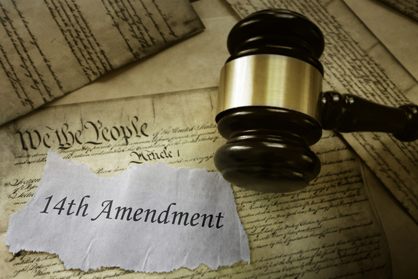
Top Wall Street lawyers are in such high demand that bidding wars for their services are becoming commonplace, resembling the frenzy in professional sports. As a result, eight-figure pay packages, once rare, are becoming increasingly common for corporate lawyers at the pinnacle of their profession. Many of these highly sought-after lawyers specialize in private equity.
The Role of Private Equity in Driving Demand
In recent years, private equity firms like Apollo, Blackstone, and KKR have diversified beyond company buyouts into areas such as real estate, private lending, and insurance, amassing trillions in assets. This expansion has significantly increased their need for legal services, making them major revenue drivers for law firms. Consequently, lawyers with strong ties to private equity now enjoy pay and prestige comparable to those representing blue-chip companies in high-profile mergers and litigation.
Want to know if you’re earning what you deserve? Find out with LawCrossing’s salary surveys.
Rising Salaries Across Prestigious Firms
The surge in demand for legal services from private equity clients has pushed up lawyer salaries across the industry, especially at elite firms like Kirkland & Ellis, Simpson Thacher & Bartlett, Davis Polk, Latham & Watkins, and Paul, Weiss, Rifkind, Wharton & Garrison. Lawyers connected to private equity firms increasingly command salaries that mirror those of top lawyers handling major corporate deals and litigation.
Concerns Over Escalating Salaries
While some compare the current situation to the star-centric model of the NBA, others worry that skyrocketing pay packages could strain law firm budgets. For instance, Sabina Lippman, co-founder of the legal recruiter Lippman Jungers, noted that $20 million annual pay packages are becoming the new norm for top lawyers. One law firm hiring partner mentioned that such pay is typically reserved for those who can generate over $100 million in annual revenue for their firm.
Kirkland & Ellis: A Leader in Private Equity Law
Kirkland & Ellis has emerged as a key player, attracting top talent from rival firms with lucrative pay packages. The firm’s strategy of poaching heavy hitters from competitors has intensified the competition among elite law firms. Firms like Simpson Thacher, Latham & Watkins, Davis Polk, and Paul, Weiss have responded by adjusting their compensation structures or expanding their budgets to retain star lawyers. This competitive landscape has led to notable hires and pay increases across the industry.
The Shift Towards Merit-Based Compensation
To some, the evolving landscape represents a more meritocratic system where partners are paid based on talent rather than seniority. Historically, firms like Cravath followed a lock-step system linked to seniority, but this model is gradually changing. Firms are now operating more like businesses, with compensation reflecting individual performance and client relationships.
The Financial Impact of Private Equity Growth
Kirkland’s early focus on private equity clients has yielded substantial rewards. Globally, private equity firms managed $8.7 trillion in assets in 2023, more than five times their assets during the 2007 financial crisis. This growth has translated into significant revenue for law firms, with Kirkland alone generating over $7 billion in gross revenue in 2023, making it the world’s highest-grossing law firm.
Competitive Poaching and Strategic Hires
The competition for top legal talent has led to aggressive poaching among law firms. Kirkland has successfully recruited top partners from firms like Simpson Thacher, Latham & Watkins, and Paul, Weiss, strengthening its private equity practice. Other firms have responded by hiring notable lawyers from rivals and adjusting their compensation strategies to remain competitive.
The Role of Compensation Guarantees
To attract and retain top talent, firms are increasingly offering multiyear compensation guarantees. These guarantees, which ensure a specific share of profits for a set period, are becoming popular despite the risks associated with fixed payments. This approach has further intensified the competition for high-profile lawyers, driving up pay across the industry.
Broader Impact on Lawyer Compensation
The intense demand for private equity lawyers has had a ripple effect, increasing pay for lawyers even outside this niche. Firms like Freshfields have recruited lawyers with compensation packages in the range of $10 million to $15 million, highlighting the widespread impact of the competitive market for legal talent.
Don’t be a silent ninja! Let us know your thoughts in the comment section below.


































